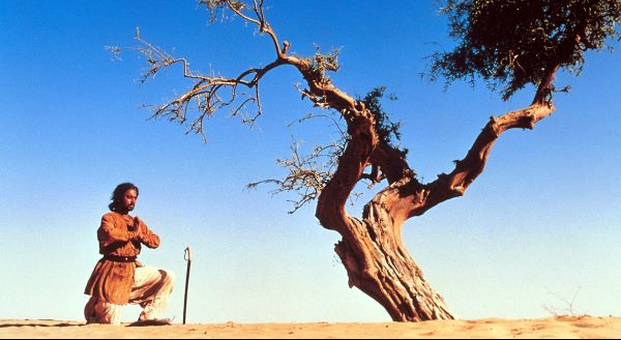
Indian people in the subcontinent are in two minds as whether to take up Facebook’s offer of a free but limited internet experience for all, confined to the boundaries of the world’s largest social media network.
Or, whether they should bide their time and wait for the main internet to become freely available to all, courtesy of Indian officials and future entrepreneurs.

BYPASS THE CENSORS
Sign up to get unfiltered news delivered straight to your inbox.
You can unsubscribe any time. By subscribing you agree to our Terms of Use
Latest Video
QUARTZ reports:
Last week, the Times of India reported that the country’s telecom regulatory body had asked Facebook’s partner, wireless carrier Reliance, to cease the Internet.org service as it determines whether operators should be able to price their services based on content. Responding to criticisms of the program, Zuckerberg penned an op-ed published Dec. 28 in the English-language daily. In it, he expressed annoyance that India is debating net neutrality—a principle dictating that telecom operators provide people with equal access to the internet—as the country struggles to connect its citizens to the internet.
In the process of defending Internet.org, Zuckerberg paints India—where about a billion people are not connected to the internet—as backwards for even daring to question the benefits of Facebook’s charity-like endeavor.
“Who could possibly be against this?” he asks passive-aggressively. “Surprisingly, over the last year there’s been a big debate about this in India.”
Yes, net neutrality is a big deal—and not just in India. In the US, for example, an appeals court is currently examining the legality of a new set of net-neutrality rules enacted by the Federal Communications Commission this year. But Zuckerberg almost portrays net neutrality as a first-world problem that doesn’t apply to India because having some service is better than no service.
Net neutrality activists have long argued that Internet.org provides a “walled garden” experience because the sites that users can access for free are determined by Facebook and its telecom partners, essentially making them gatekeepers to the internet for poor people.
While Zuckerberg acknowledges that Internet.org, which is currently active in more than 30 countries, does not provide people with access to the full web, he argues that it’s a step in the right direction. According to the Facebook CEO, half of the people who come online for the first time using Internet.org decide to pay for full internet access within 30 days.
Instead of wanting to give people access to some basic internet services for free, critics of the program continue to spread false claims–even if that means leaving behind a billion people.
Instead of recognizing the fact that Free Basics is opening up the whole internet, they continue to claim–falsely–that this will make the internet more like a walled garden.
Instead of welcoming Free Basics as an open platform that will partner with any telco, and allows any developer to offer services to people for free, they claim–falsely–that this will give people less choice.
Instead of recognizing that Free Basics fully respects net neutrality, they claim–falsely–the exact opposite.
Zuckerberg continues by offering an anecdote of a farmer named Ganesh, who uses the free internet service to check weather updates and commodity prices. “How does Ganesh being able to better tend his crops hurt the internet?” he asks rhetorically.
Read more: qz.com/mark-zuckerberg-cant-believe-india


